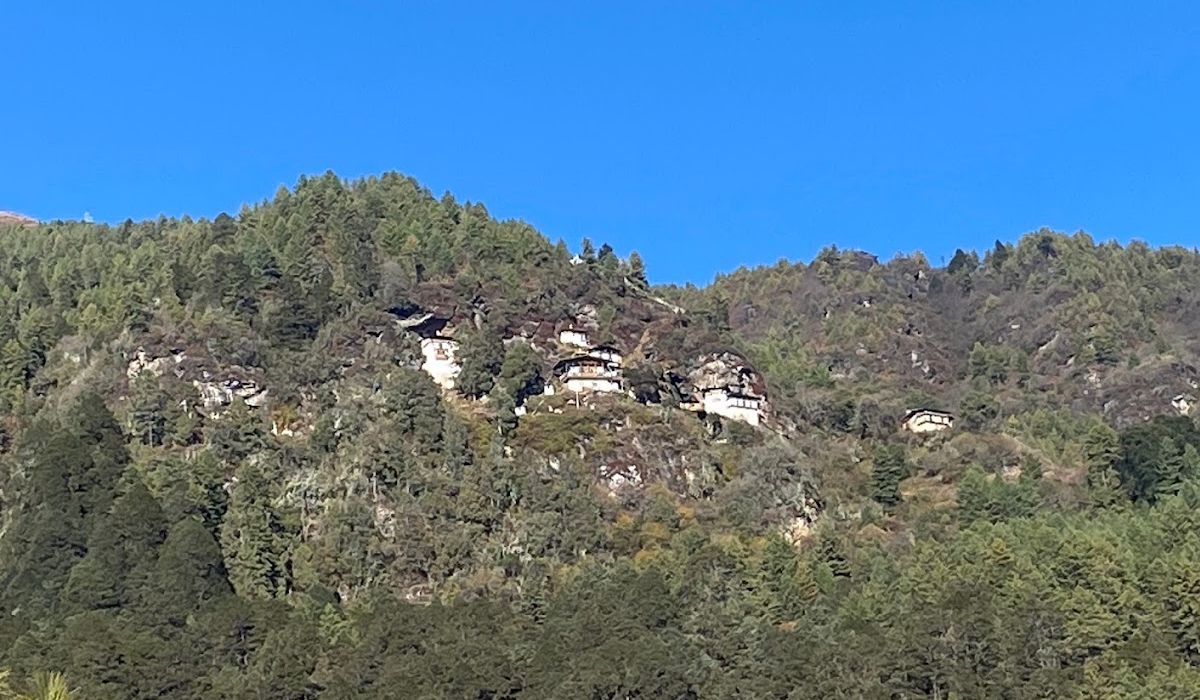
Kunzang Drak Temple is a Buddhist monastery located in the Choekhor Valley of Bumthang District in central Bhutan. The temple was built in the 15th century by the great treasure revealer Terton Pema Lingpa, who is considered one of the most important figures in Bhutanese religious history.
The temple is situated in a scenic location amidst mountains and forests, and is considered a sacred site by the local people. It is known for its beautiful frescoes and murals that depict the life and teachings of Guru Rinpoche, who is believed to have brought Buddhism to Bhutan.
The temple also houses several important relics, including the sacred chain mall of Terton Pema Lingpa, which is said to have been used by him to bind evil spirits, and a stone slab with the imprints of the body of Guru Rinpoche.
Kunzang Drak Temple is an important pilgrimage site for Bhutanese Buddhists, and attracts visitors from all over the world who come to pay their respects and receive blessings.
